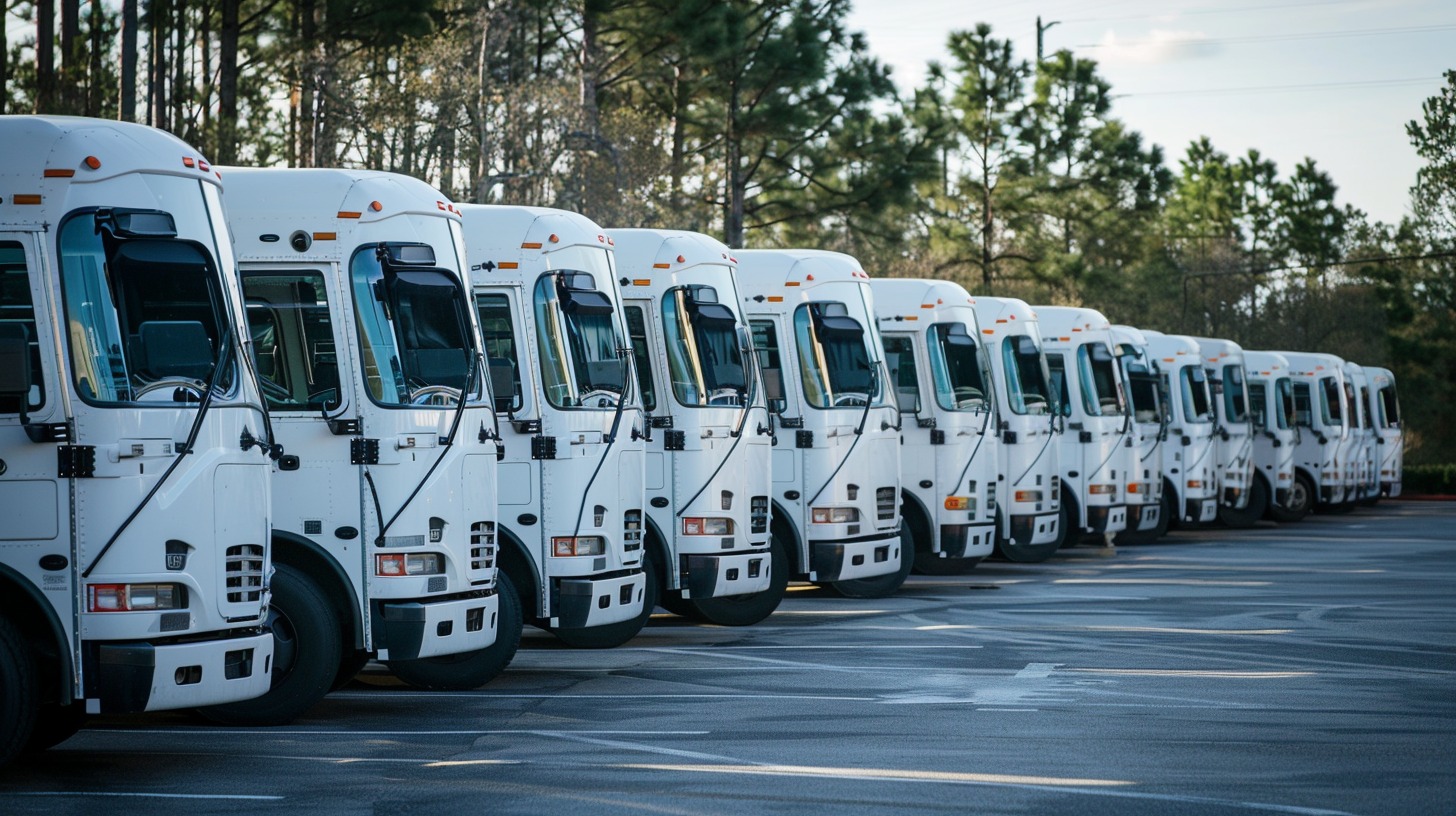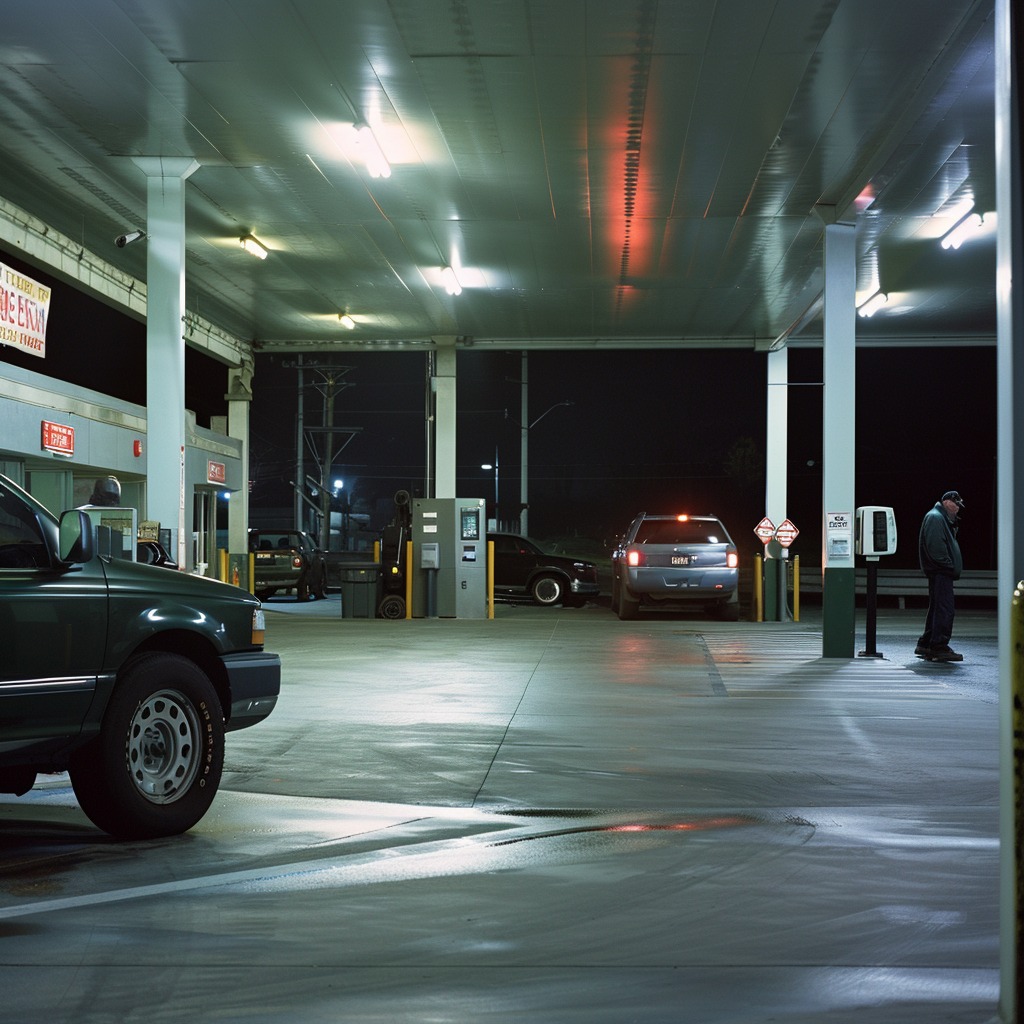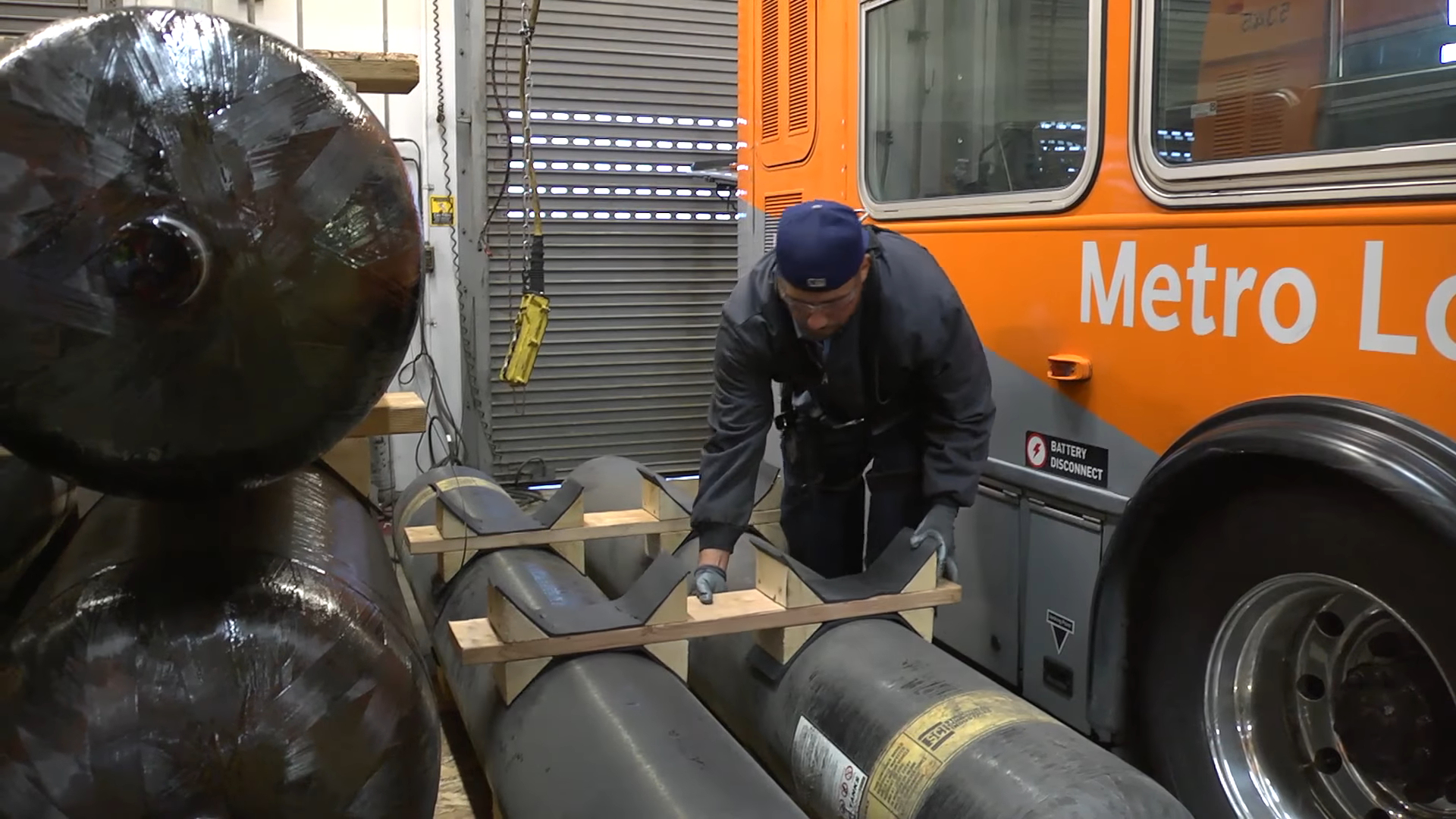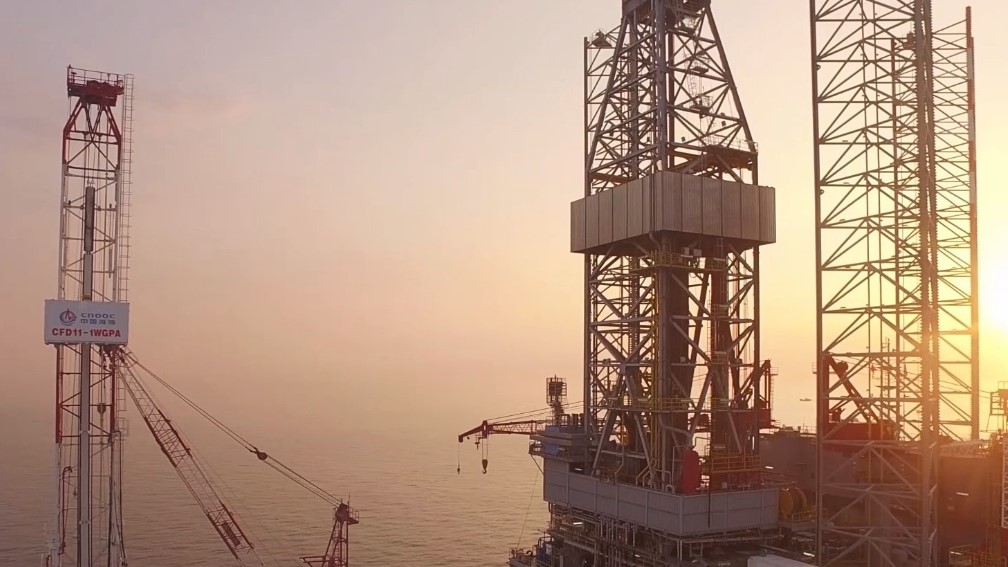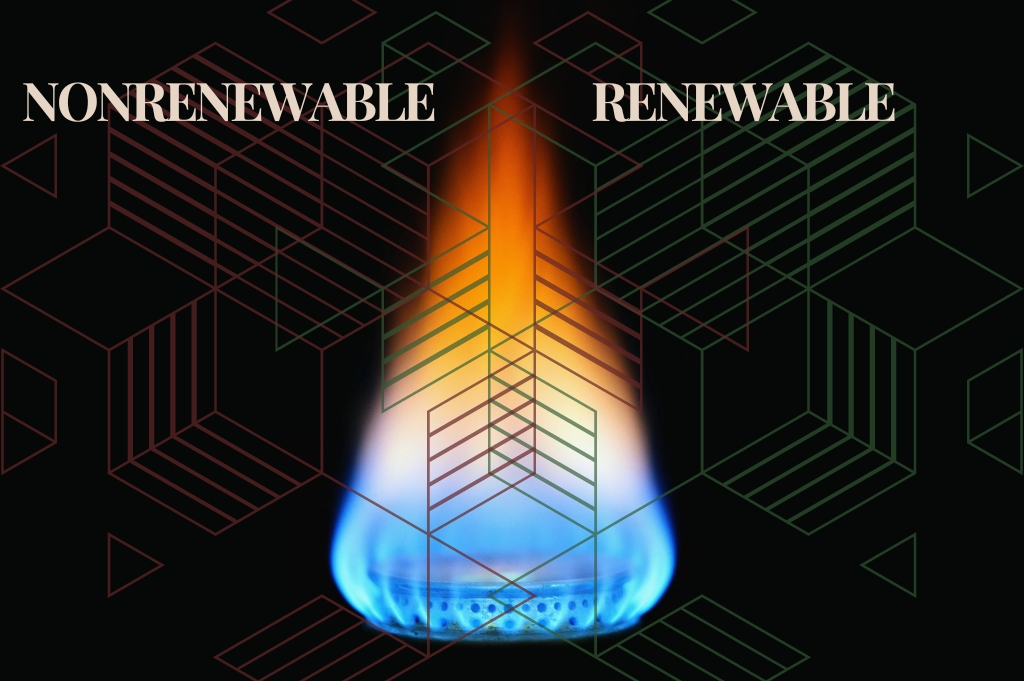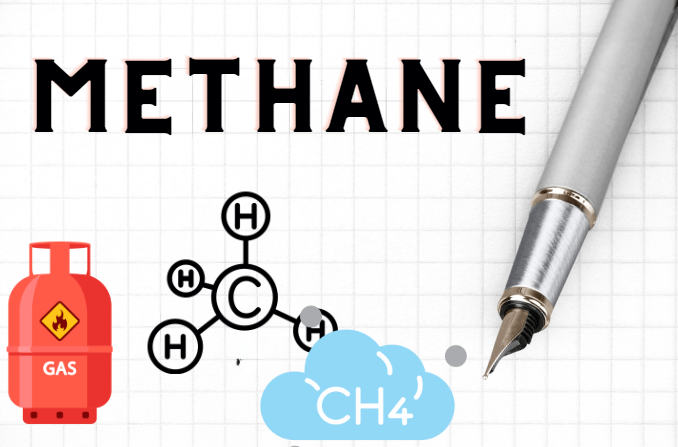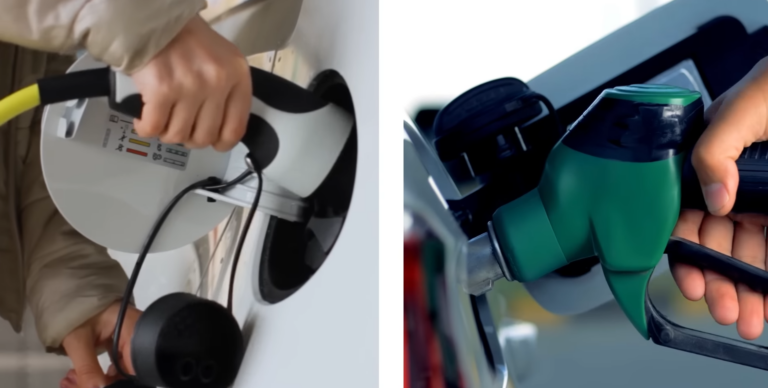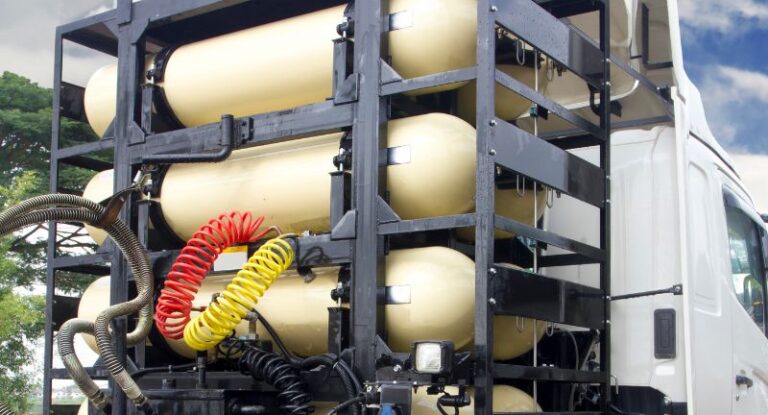As cities expand and technology advances, there is a growing concern over the environmental impact. It’s crucial that we find methods to make transportation both cleaner and more efficient.
One effective strategy is enhancing the buses and trucks used by transit agencies. A notable solution is transitioning from diesel to compressed natural gas (CNG), making CNG transit fleets a sustainable alternative for urban mobility.
Key Takeaways
- Environmental Benefits: CNG Transit Fleets are much better for the environment than diesel-powered ones because they produce fewer emissions and make less noise.
- Operational Efficiency: To make CNG Transit Fleets more reliable and efficient, transit agencies can use centralized fleet management systems and integrate technology into their operations.
- Safety and Maintenance: Regular maintenance and following safety standards are really important to make sure CNG vehicles last a long time and perform well.
Why CNG Transit Fleets? Why Now?
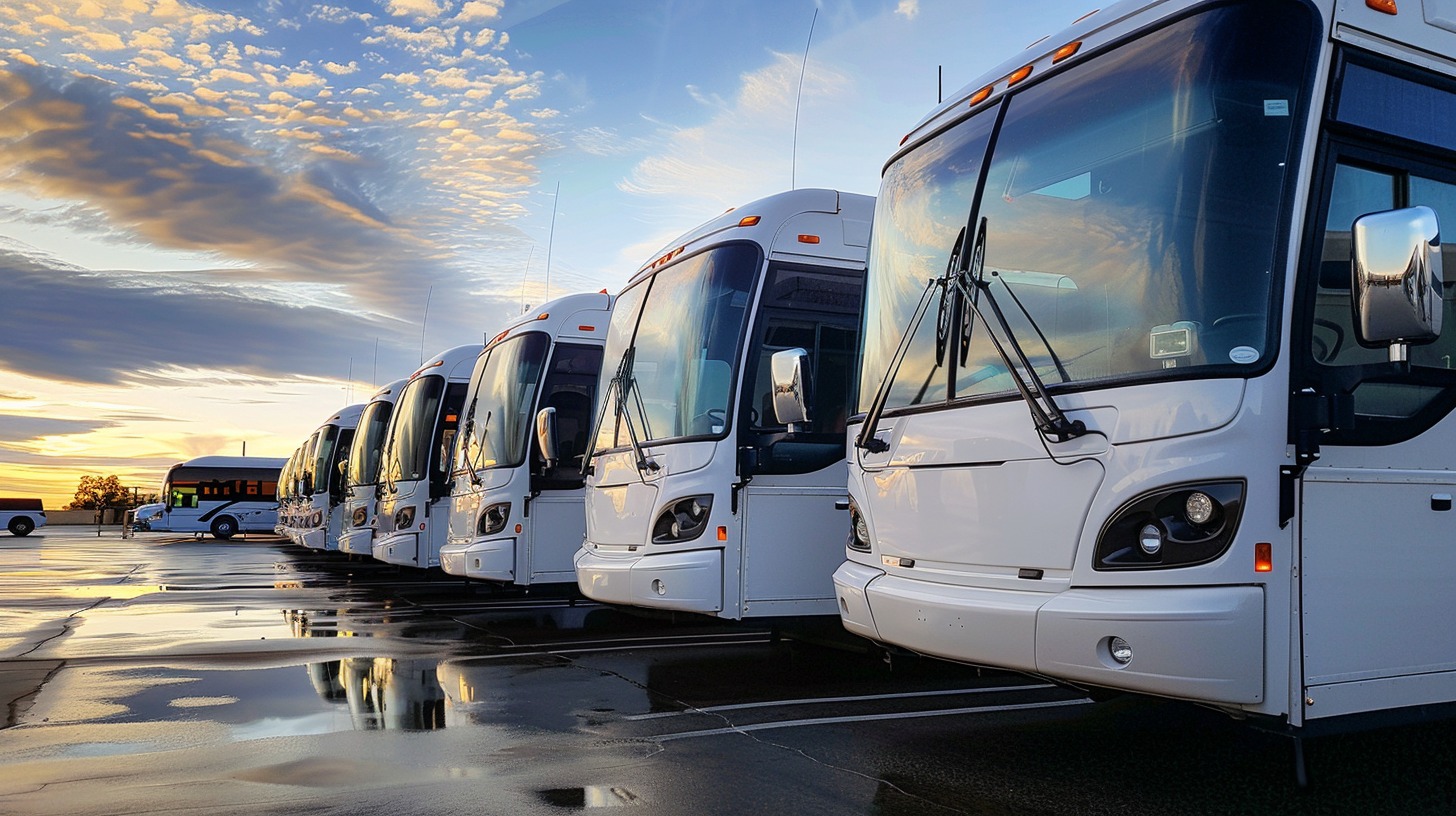
In short, CNG burns cleaner than traditional fuels, which can result in less engine wear and longer engine life. This is because CNG produces less carbon build-up, which can reduce engine performance over time.
First, CNG can significantly reduce the harmful pollution generated by diesel engines. That means cleaner air and a healthier environment for all of us! Second, it can save money in the long run.
The cost of CNG fuel is usually lower than diesel, which helps transit agencies save money. This makes CNG an attractive choice for those looking to reduce operating costs while still providing transportation. Ultimately, switching to CNG helps cities comply with environmental regulations and reduces the carbon footprint of public transportation.
By choosing cleaner fuels like CNG, cities can create more sustainable and pleasant urban areas with cleaner air and a healthier environment for everyone who lives there.So when you consider the environmental benefits, long-term savings, and compliance with environmental regulations, CNG becomes a great choice for transit agencies looking to upgrade their fleets and contribute to a greener future!
Optimizing CNG Fleet Performance with Advanced Technology and Lifecycle Management
To make CNG Transit Fleets as efficient and reliable as possible, transit agencies need to use modern technology and thorough lifecycle management.
Here are some ways they can improve their operations:
CNG Transit Fleets – Upgrades and Efficiency
- Modernizing the Fleet: Swap out older, less efficient vehicles with newer, more fuel-efficient CNG models to decrease breakdowns, service interruptions, and maintenance costs.
- Fuel Efficiency Focus: Pick vehicles with high fuel efficiency ratings to reduce operating costs and minimize the impact on the environment. Advanced Technology Integration:
- GPS Tracking and Telematics: Keep an eye on the real-time location and movements of vehicles to optimize routes and cut down on idle times. Pair this with vehicle diagnostics to enhance fleet efficiency and response times.
- Fuel and Diagnostic Management Systems: Use these systems to analyze fuel usage and vehicle health, helping you find ways to save and spot maintenance needs.
Maintenance and Training
- Proactive Maintenance: Perform regular and thorough maintenance checks for safety standards, follow the manufacturer’s guidelines, and use data from diagnostic tools to keep vehicles in top shape and extend their lifespan.
- Driver Training: Offer detailed training on the unique aspects of CNG vehicles to improve handling, reduce wear and tear, and boost overall fleet operations.
Lifecycle and Maintenance Strategies
- Lifecycle Planning: Create plans that cover the entire lifespan of vehicles, with an emphasis on preventive maintenance to tackle potential issues before they become serious.
- Spare Parts and Record Keeping: Maintain a strategic inventory of spare parts and keep detailed records of maintenance and repairs to support efficient fleet management.
Training the Crew
Drivers and maintenance staff need to understand how CNG Transit Fleets differ from diesel ones. Special training programs for these teams can lead to better handling, maintenance, and overall operation of the vehicles.
This knowledge helps in reducing wear and tear, improving fuel efficiency, and minimizing the likelihood of breakdowns.
Build Better Infrastructure
To make CNG Transit Fleets work better, we need more refueling stations. Transit agencies should team up with local governments and private companies to increase the number of CNG refueling stations.
This way, buses can travel longer distances without worrying about running out of fuel. It will make things more convenient for everyone!
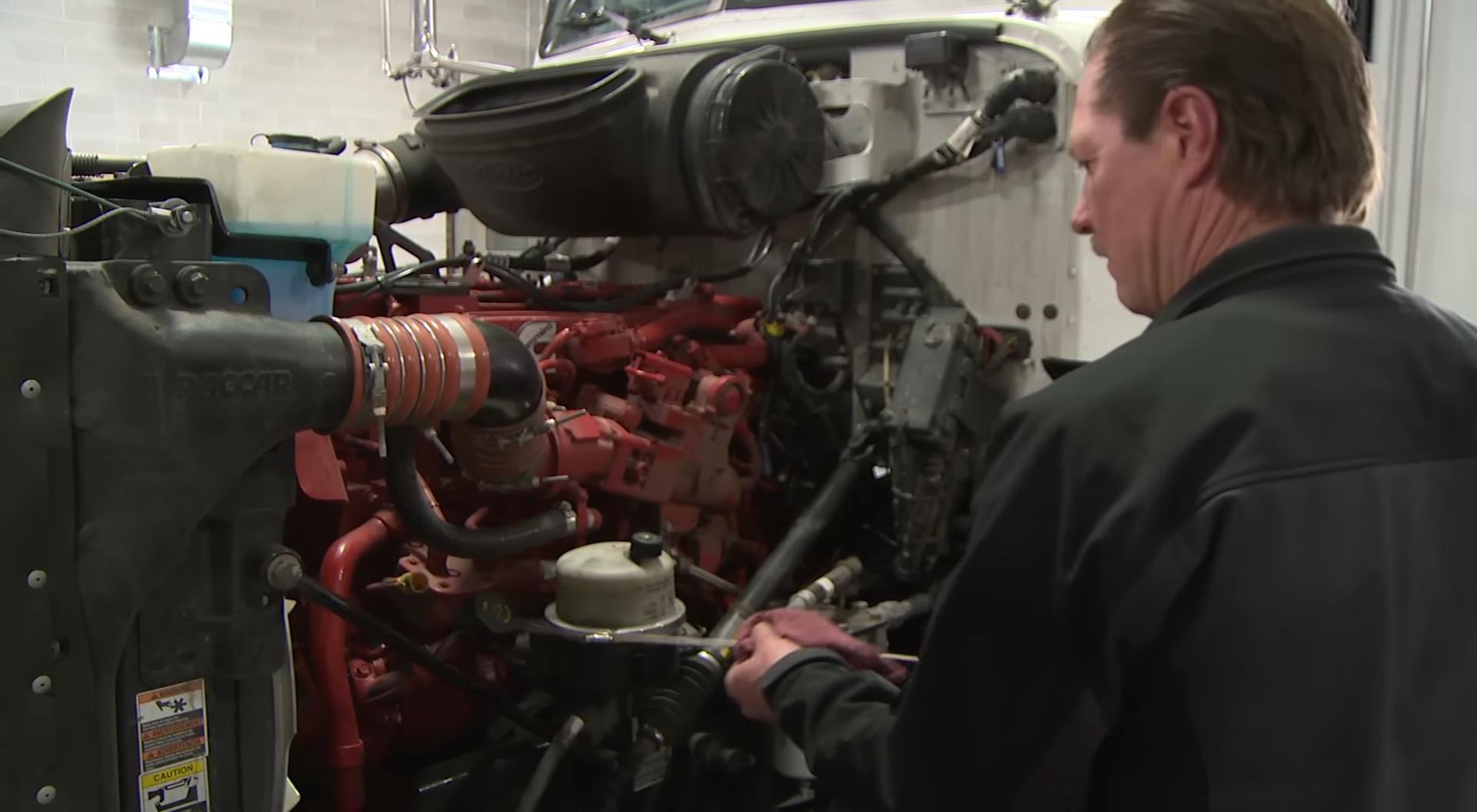
Spread the Word
It’s important to let people know about the advantages of CNG fleets. Transit agencies should spread the word to the public. They can talk about how CNG helps the environment by reducing pollution and making less noise.
Sharing this information will help people understand and support the use of CNG in public transportation.
FAQs
Look to the Future
Imagine a future where our cities are filled with cleaner and more efficient ways to get around. One amazing idea that’s getting closer is using Compressed Natural Gas (CNG) for transit fleets, like buses and trucks.
By updating the vehicles, using cool new technology, and making sure there are enough CNG refueling stations, we can have a greener and more sustainable transportation system in our cities. To make this awesome dream come true, we need to let people know about the benefits of CNG Transit Fleets and be open to new and creative ideas.
By choosing CNG and taking care of our environment, we can create lively cities that care about the well-being of people and the planet. Let’s work together to make our future cleaner and more efficient!

